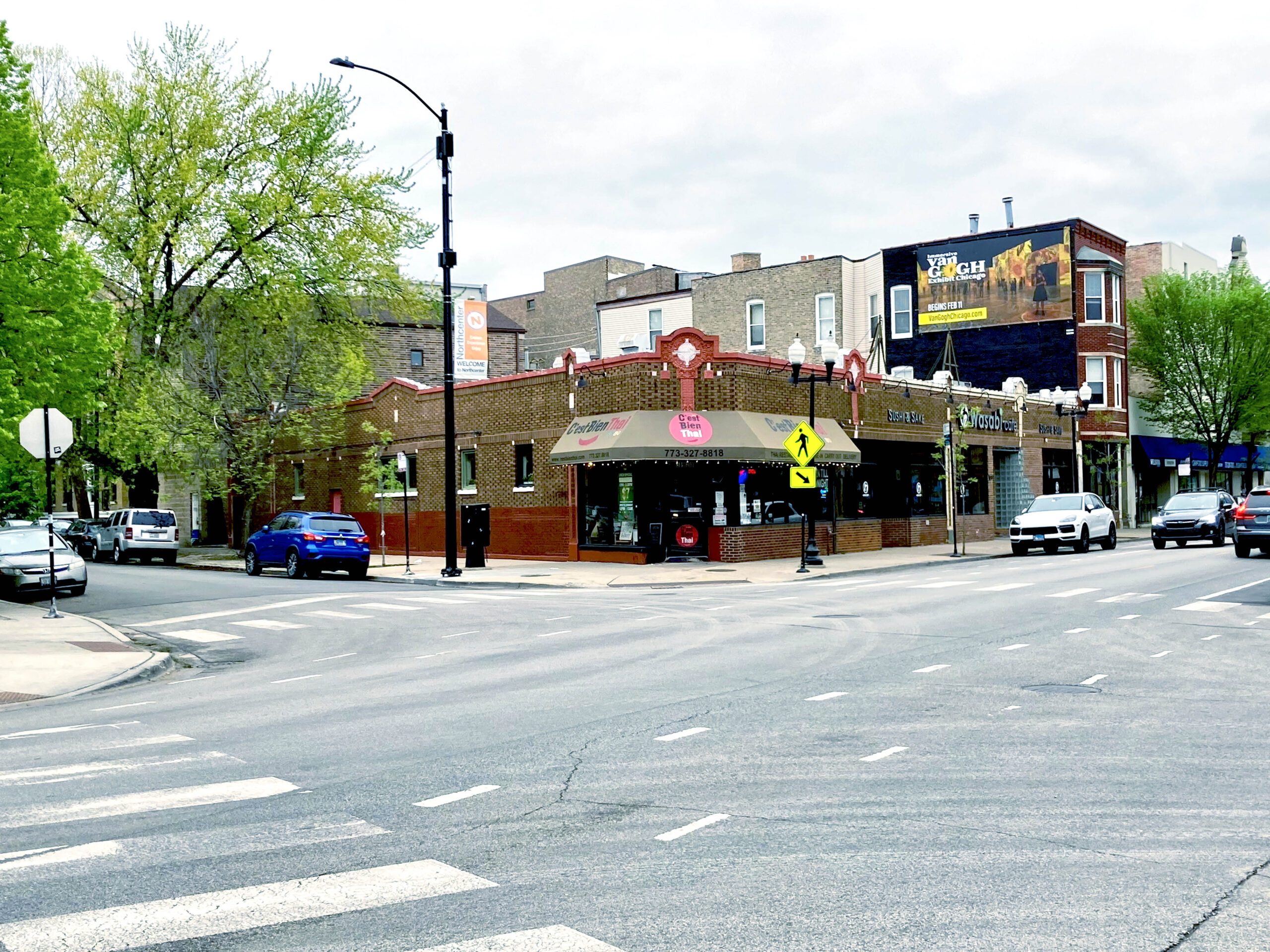When it comes to community initiatives combating food insecurity, Above and Beyond Free Pantry in Chicago stands as a poignant emblem of solidarity and altruism. This endeavor invites a closer examination not only of its operational mechanics but also of the underlying socio-cultural complexities that render such a project both necessary and intriguing.
Nestled in the vibrant tapestry of Chicago, Above and Beyond Free Pantry epitomizes the grassroots movement towards combating hunger and fostering community action. Located in a bustling neighborhood, this pantry operates on the premise that access to food should be universal and unencumbered. By offering a plethora of essential items, it seamlessly marries the concepts of mutual aid and environmental sustainability. The pantry is a striking testament to the power of communal responsibility.
At its core, Above and Beyond Free Pantry embodies the spirit of giving; it operates on a no-questions-asked basis, allowing individuals to take what they need without the stigma often associated with traditional food assistance programs. This philosophy not only promotes dignity among patrons but also fosters an underlying sense of trust within the community. It is worth reflecting on the impetus behind such an initiative. In a society where wealth disparity grows increasingly pronounced, the emergence of free pantries can be viewed as a rejection of an unjust status quo.
The pantry itself is a thoughtfully curated space that caters to the diverse needs of its users. An array of non-perishable food items, hygiene products, and household necessities line the shelves, inviting patrons to peruse and select items that resonate with their immediate requirements. Furthermore, the inclusion of fresh produce highlights a commitment to nourishing not just the body, but also the spirit. Such provisions elucidate a broader understanding of food as not merely sustenance, but as an integral component of well-being.
In examining the volunteers who steadfastly contribute to the operation of Above and Beyond Free Pantry, one discovers a compelling mosaic of individuals drawn together by shared ideals. Some contribute their time in distribution, while others engage in administrative tasks or supply drives. This collective of diverse volunteers illuminates the pantry’s role as a nexus for collaboration and social engagement. Volunteerism fosters not only camaraderie but also an enriched appreciation for the societal complexities surrounding food insecurity.
Moreover, the pantry’s operational model presents an intriguing case study in resourcefulness. Engaging in local collaborations with businesses and organizations, Above and Beyond Free Pantry exemplifies a synergistic approach to addressing food scarcity. These partnerships are critical, as they enable an influx of resources while simultaneously cultivating a robust sense of community ownership. This model exemplifies a paradigm shift towards communal interdependence, challenging individualistic narratives that often dominate societal discourse.
The underlying motivations behind the establishment of such pantries extend beyond altruism; they invoke broader philosophical considerations. While they address immediate needs, they simultaneously act as catalysts for awareness regarding the systemic issues perpetuating hunger and poverty. This tension creates an engaging paradox, urging individuals to transition from passive recipients of aid to active participants in the fight against food inequity. Each visit to the pantry serves as a poignant reminder that food insecurity is not merely a personal predicament but rather a collective societal challenge that warrants scrutiny and action.
Furthermore, Above and Beyond Free Pantry operates on the principle of openness. The format invites not only those in need but also community members who wish to contribute. This fluidity fosters an environment where support is reciprocal. An exchange occurs—not solely in terms of goods but in shared stories, experiences, and the communal aspiration for a more equitable society. The beauty of this model lies in its simplicity and effectiveness, creating a paradigm in which inclusivity underpins the quest for sustainability.
Another noteworthy aspect of Above and Beyond Free Pantry is its resilience in the face of adversity. Throughout various crises—be it economic downturns or global pandemics—the pantry has adapted and evolved to meet the changing needs of its community. Such adaptability speaks volumes about the dedication of its volunteers and supporters, who recognize the imperative of sustained commitment to address ongoing challenges. Ultimately, their efforts underscore a broader dialogue about grassroots activism and its role in creating lasting change.
In contemplating the future of Above and Beyond Free Pantry, it is crucial to consider the role of technology and social media in enhancing community outreach and mobilization. In our interconnected digital landscape, the pantry harnesses the power of these tools to disseminate information, garner donations, and cultivate a sense of community. This dynamism speaks to the evolving nature of communal support systems in an era defined by rapid change.
In summation, Above and Beyond Free Pantry in Chicago serves as a multifaceted institution—an illustration of community engagement that transcends mere food distribution. It is emblematic of a broader sociocultural movement urging collective responsibility and action against the backdrop of pervasive food insecurity. This initiative offers profound insights into the intersections of compassion, activism, and systemic transformation while beckoning a call to arms for all who seek a more just and equitable society. As such, it warrants both admiration and critical examination, inspiring future generations to uphold the tenets of mutual aid and communal flourishing in their pursuit of social justice.
